A recent poll from the American Psychological Association showed that 62% of adults report feeling overwhelmed by daily stress, up from 48% just five years ago. This surge highlights a growing need for practices that anchor us amid the chaos. Enter daily grounding rituals—simple, intentional habits that reconnect us to the present moment and soothe the mind’s turbulence. From mindful breathing to nature walks, these routines aren’t just trendy; they’re backed by science and embraced by millions seeking calm in 2025’s fast-paced world. As we navigate economic uncertainties and digital overload, incorporating such rituals can transform how we handle inner turmoil, fostering resilience and clarity.
1. Morning Breathwork

Start the day with focused breathing. Inhale deeply for four counts, hold, then exhale slowly. This isn’t mere relaxation; it’s a reset button for the nervous system. Research from Harvard Medical School links consistent breathwork to reduced cortisol levels, helping quiet racing thoughts. Imagine a busy parent in Chicago pausing at dawn, feeling the air fill their lungs, the world’s demands fading momentarily. Online, one anonymous account shared how this ritual turned chaotic mornings into centered starts, emphasizing its accessibility. Vary it by adding visualization, picturing stress dissolving with each breath. Over time, it builds a foundation of calm that carries through the day.
2. Gratitude Journaling

What if noting three things you’re thankful for each evening could rewire your brain? Studies suggest it does, boosting dopamine and serotonin. Begin with specifics: the warmth of coffee, a kind word from a colleague. In a world of endless notifications, this ritual grounds you in positivity. A middle-aged teacher in Texas described it as her anchor during tough school years, jotting notes that shifted focus from chaos to abundance. Pair it with a quiet spot, perhaps by a window overlooking the yard. The key is consistency; even on rough days, it fosters perspective, turning inner noise into appreciative whispers.
3. Nature Immersion
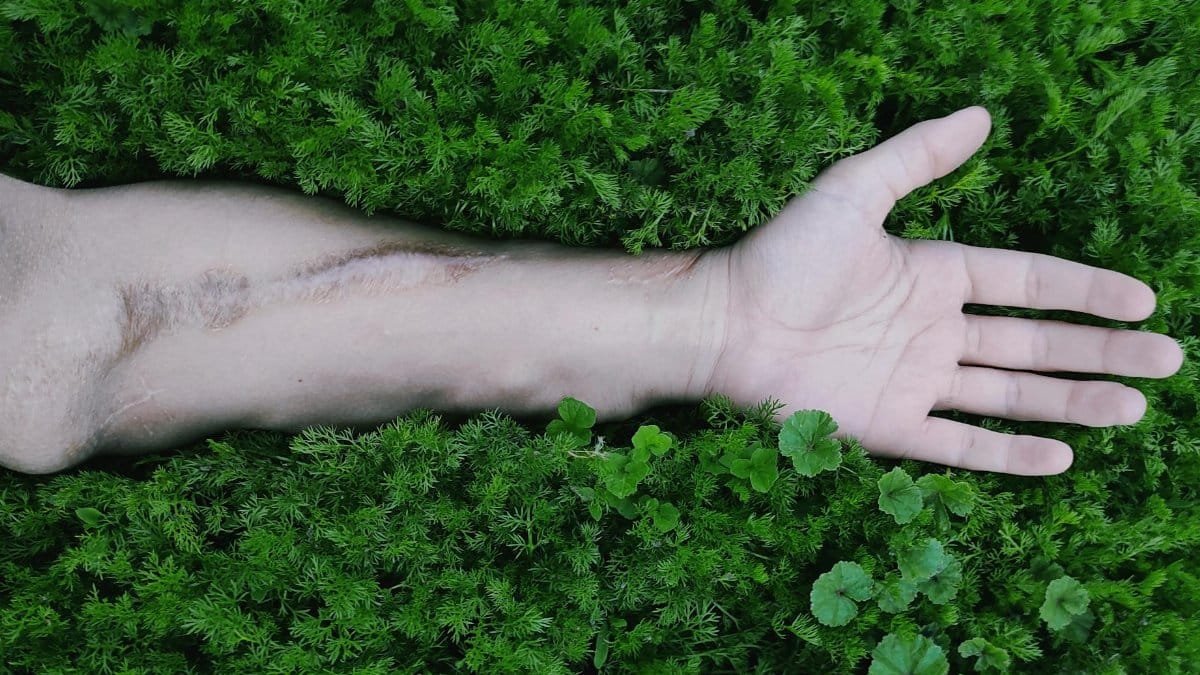
Step outside and let the earth steady you. Whether a park stroll or backyard sit, connecting with nature reduces anxiety, as per findings from the National Institutes of Health. Feel the grass underfoot, listen to birdsong. It’s not escapism but reconnection. One story from a public forum recounted a New Yorker escaping urban frenzy through daily park visits, emerging refreshed. In 2025, with remote work blurring boundaries, this ritual carves out sacred space. Try it barefoot for added sensory grounding, letting textures remind you of your place in the larger world.
4. Mindful Tea Drinking

Slow down with a cup of herbal tea. Sip deliberately, noticing flavors and steam rising. This ancient practice, modernized, promotes mindfulness. A study in the Journal of Psychosomatic Research found such pauses lower blood pressure. Picture an office worker in Seattle transforming break time into a ritual, the warmth seeping into their hands, thoughts settling like tea leaves. It’s simple yet profound, countering the rush of endless emails. Experiment with chamomile for calm, making it a daily touchstone that quiets mental chatter through sensory focus.
5. Body Scan Meditation

Lie down and mentally scan from toes to head, releasing tension. This technique, endorsed by the Mayo Clinic, heightens body awareness, easing emotional storms. No apps needed—just quiet attention. A veteran in Florida shared how it helped post-deployment, turning hypervigilance into peace. Vary by focusing on breath in tense areas. In our screen-saturated era, it’s a rebellion against distraction, fostering inner quiet that builds over weeks.
6. Affirmation Recitation
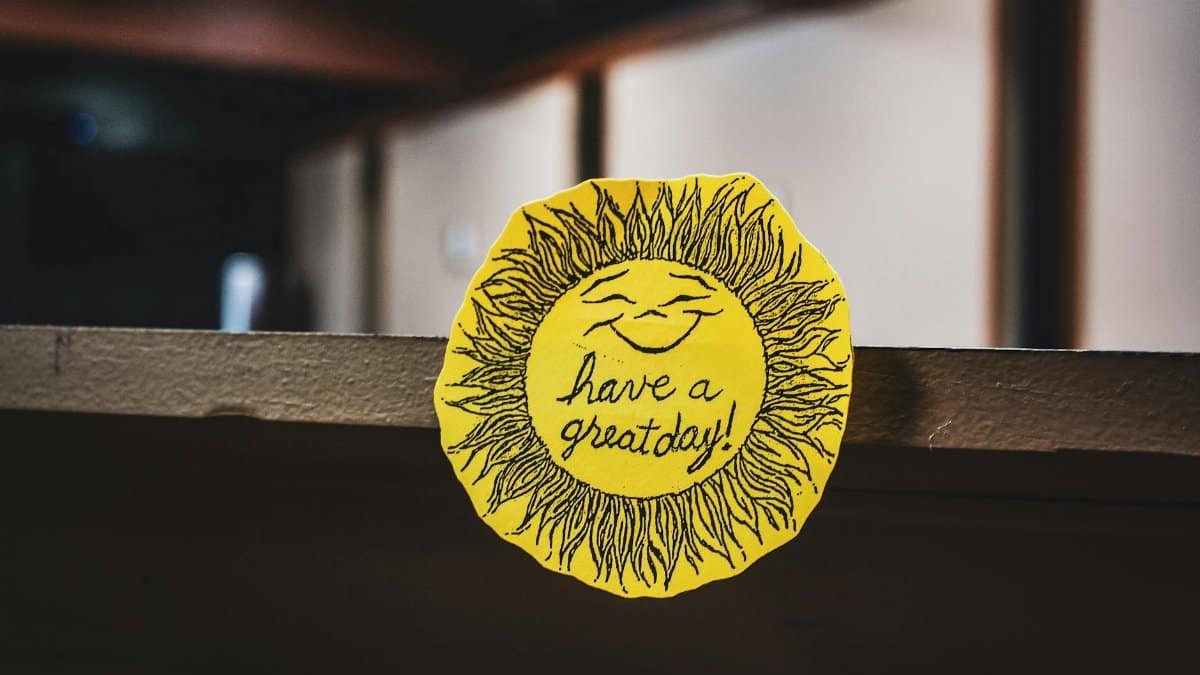
Speak positive truths aloud: “I am centered and capable.” Repetition rewires neural pathways, per cognitive behavioral research. Start mornings or before bed. It’s not fluff; it’s empowerment. Consider a single mom in Atlanta whispering affirmations amid family chaos, finding strength in the words. Online discussions highlight its role in combating self-doubt, with one user noting clearer decisions afterward. Tailor phrases to personal struggles, letting them anchor you when chaos swells.
7. Digital Detox Hour
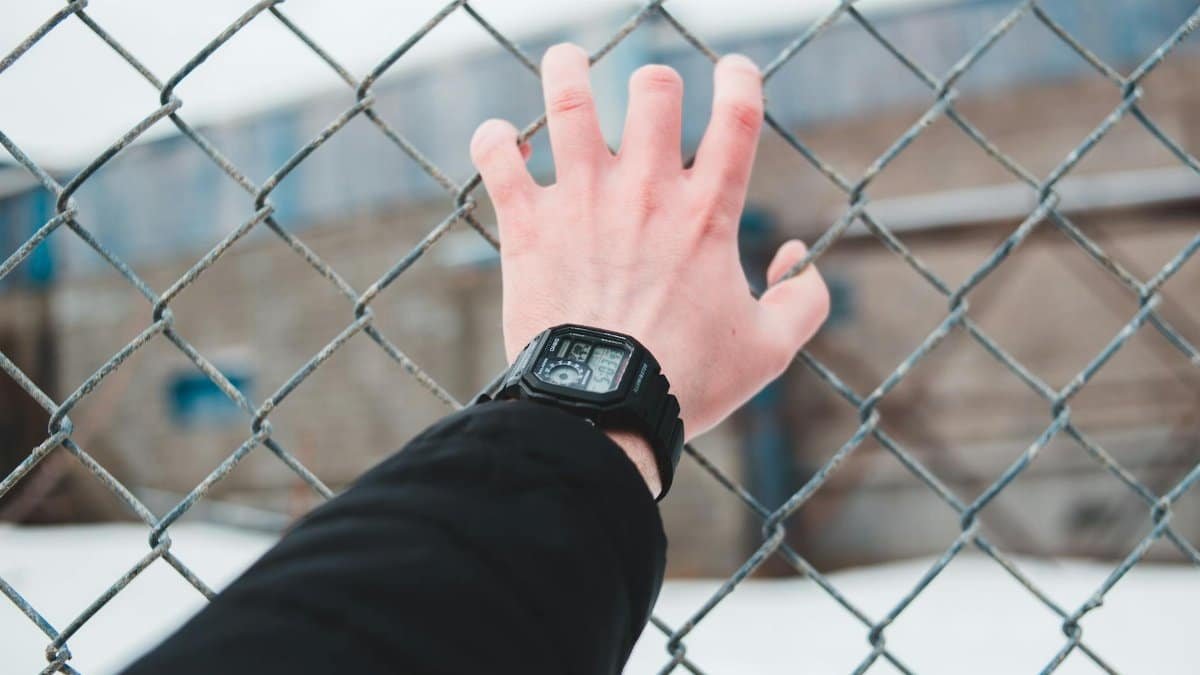
Designate time sans screens. Read a book, knit, or stare at clouds. Pew Research notes Americans average over 10 hours daily on devices, fueling anxiety. This ritual reclaims presence. A graphic designer in Portland recalled rediscovering hobbies during these hours, inner noise dimming. In 2025’s hybrid work landscape, it’s essential. Set boundaries gently, noticing how disconnection amplifies real-world connections.
8. Sensory Grounding Exercise
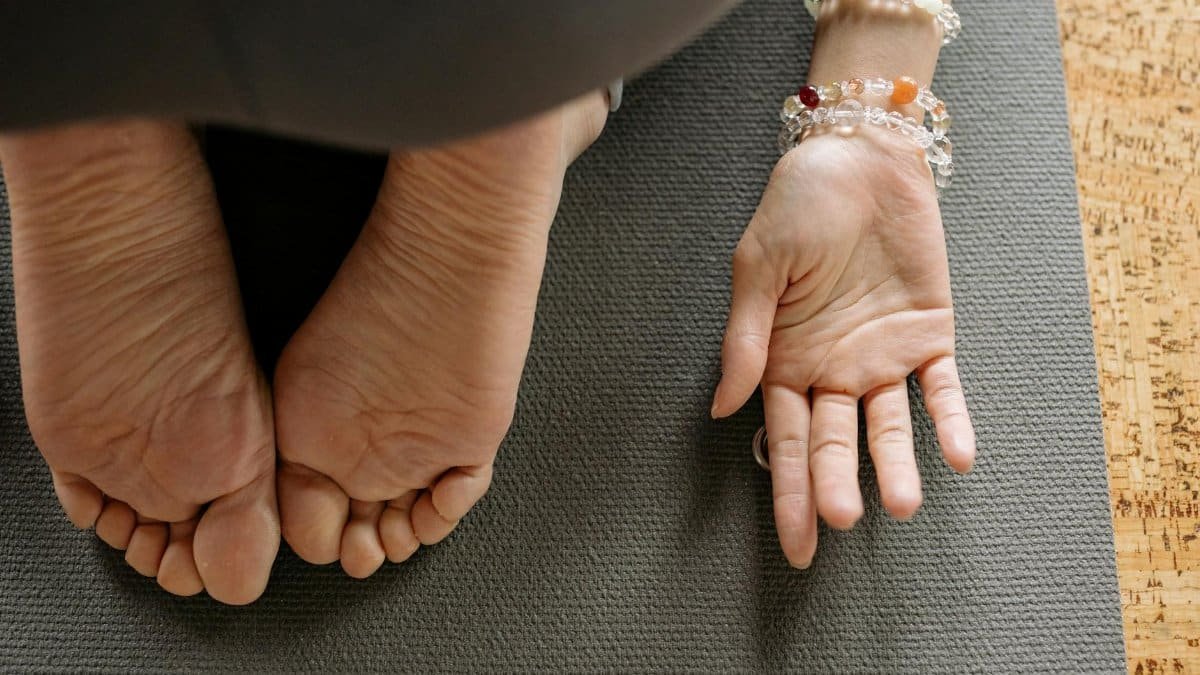
Name five things you see, four you touch, three you hear, two you smell, one you taste. This quick method, used in therapy, pulls you from rumination. The American Psychological Association supports its efficacy for anxiety. Amid a heated meeting, a consultant in D.C. might employ it discreetly, regaining composure. It’s portable, perfect for on-the-go grounding, transforming overwhelm into manageable moments.
9. Evening Reflection Walk

Stroll at dusk, pondering the day’s highs and lows without judgment. Walking boosts endorphins, per NIH studies, while reflection processes emotions. A retiree in Oregon found it cathartic, letting worries dissipate with each step. No need for distance; even a block suffices. This ritual bridges day and night, quieting the mind for restful sleep.
10. Aromatherapy Ritual

Inhale lavender or eucalyptus oils during quiet time. Scents influence mood via the limbic system, as detailed in aromatherapy research. Diffuse or apply to wrists. A nurse in Miami uses it post-shift, the aroma washing away hospital stress. It’s subtle yet powerful, grounding through olfaction in a scent-saturated world.
11. Yoga Flow Sequence
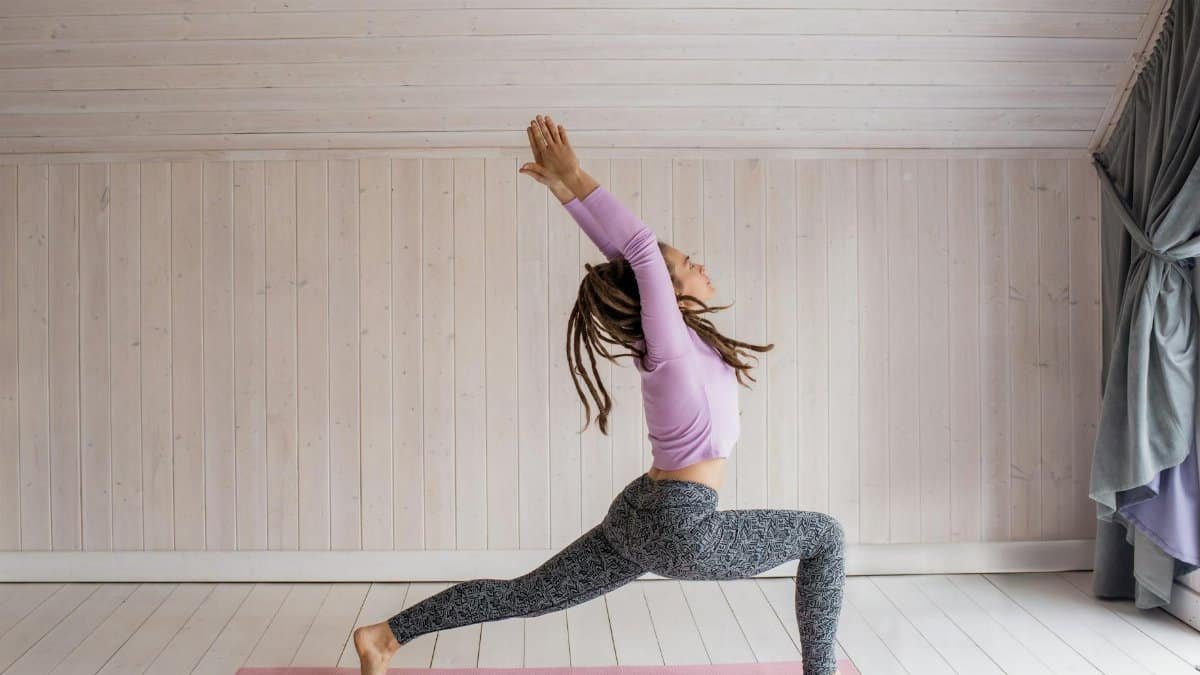
Move through gentle poses like child’s pose or downward dog. Yoga reduces stress hormones, according to a Johns Hopkins Medicine overview. Focus on breath syncing with movement. An entrepreneur in Austin integrates it mornings, emerging focused. Adapt for all levels; it’s about presence, not perfection, silencing inner critics.
12. Creative Expression Time

Doodle, write poetry, or play an instrument freely. Creativity channels chaos into art, fostering flow states. Studies link it to emotional regulation. A writer in Brooklyn carves out evenings for this, ideas flowing amid calm. No judgment; it’s expression for grounding’s sake.
13. Connection Call

Phone a loved one daily, sharing authentically. Social bonds buffer stress, per psychological research. Keep it brief but meaningful. A remote worker in Denver credits it with maintaining sanity, voices bridging isolation. In 2025’s digital age, it grounds through human warmth.
14. Bedtime Wind-Down

Dim lights, read lightly, avoid screens. This cues melatonin, improving sleep quality. A study from the Sleep Foundation emphasizes routine’s role. End with a mental note of peace, like a Midwestern accountant who now sleeps soundly. It’s the capstone, ensuring chaos doesn’t linger into dreams.
These daily grounding rituals offer varied paths to inner quiet, adaptable to life’s rhythms. As trends evolve in 2025, embracing them could redefine personal well-being.
